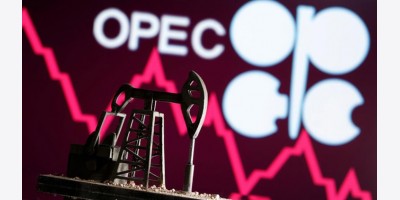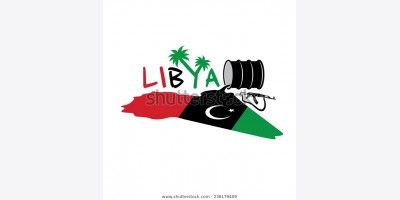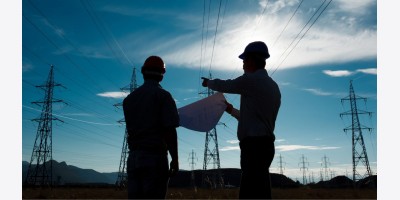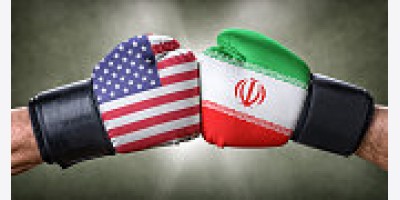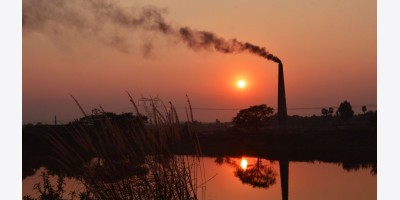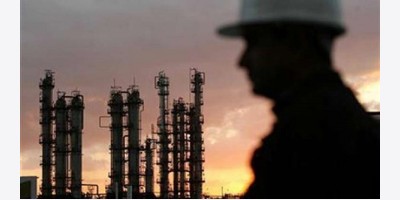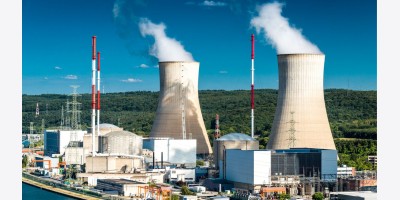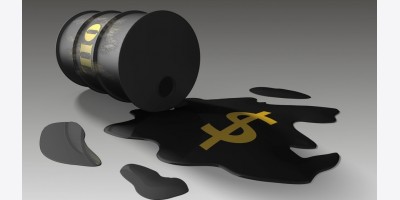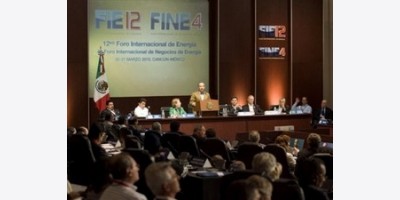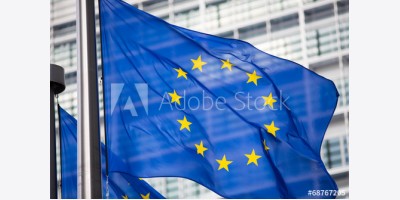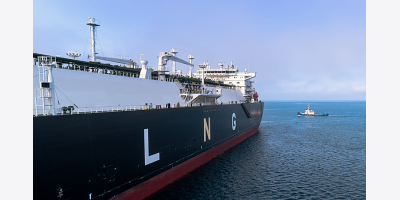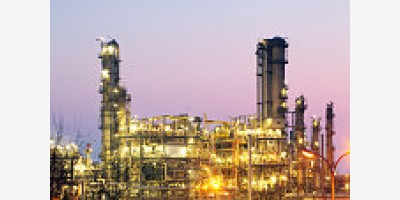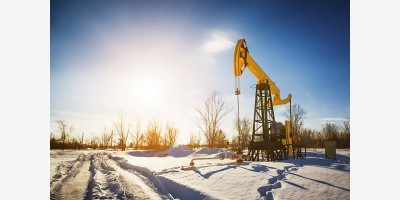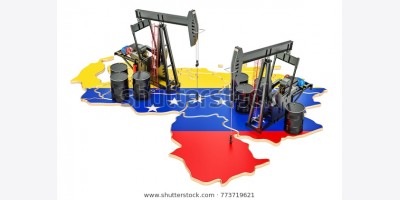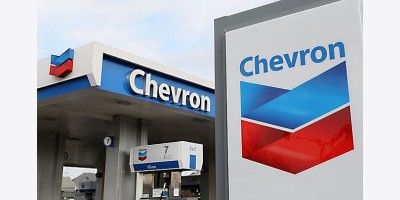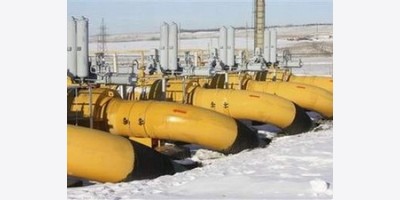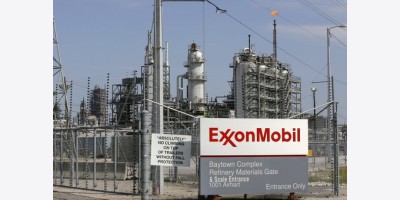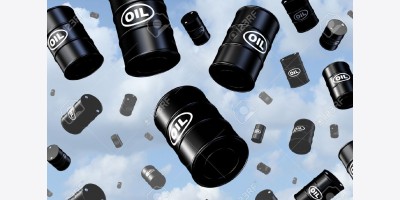Vietnam's ambitious nuclear programme is scaling up rapidly
By Ben Hargreaves
The government in Vietnam has ambitious targets to see the country's first new reactor generating electricity by the early 2020s – ambitious, because currently it has just one research reactor, which supplies radiation sources for medicine and industrial programmes. But Vietnam's economy is growing rapidly – at about 7% a year – and with it demand for electricity is increasing. The government has plans to establish new reactors at seven sites.
Having worked in the nuclear sector for almost 30 years, ImechE Fellow David Watson certainly has the experience to help engineers in Vietnam develop their own fleet of reactors. Watson has been on secondment from the UK's Office for Nuclear Regulation (ONR) since last autumn, advising the Vietnamese government's nascent nuclear programme.
The Vietnamese nuclear programme aims to build a series of reactors over the next 15 years. Reactor technology will be supplied and financed by Russia and Japan for at least the first four reactors. Watson says: “The government wants to see a significant number built by 2030. But Vietnam has no experience with constructing and operating nuclear power plants.”
David WatsonThe nuclear engineer began his career at Devonport Dockyard in the UK as an apprentice, and was sponsored by the Ministry of Defence to complete a Masters in nuclear reactor technology for submarines at the Royal Naval College in Greenwich. He went on to work on the UK's nuclear submarine programme, before moving on to work for the nuclear regulator in a variety of roles at nuclear sites in the UK. Areas covered included inspection, safety assessment, project management and plant improvements, modifications.
Ultimately, Watson developed and led the regulator's approval process for the next generation of British reactors. The first will be a 1,600MW EPR to be built by Électricité de France in Somerset by 2023.
The UK Office for Nuclear Regulation is working in partnership with its Vietnamese counterpart, the Vietnam Agency for Radiation and Nuclear Safety. Watson's role is to advise the Vietnamese organisation on a wide range of regulatory matters including the proposed new atomic energy law, licensing frameworks, inspection capability, design assessment of new reactors, and detailed technical approaches to nuclear safety analysis across a wide range of topics, including engineering, fault analysis, hazards, and human factors.
“Its about us wanting to help Vietnam develop its nuclear sector in the right way. This may of course lead to opportunities for UK businesses in the longer term,” Watson says.
“We want to help Vietnam develop a strong regulatory framework. And to have the infrastructure that is necessary in order to support a safe nuclear power programme. You need a strong, independent regulator, a good framework of laws and regulations, and standards, an operating company that is going to be fit to operate the plant and oversee its construction.”
The first two reactors planned for Vietnam will be Russian designs.
“The operators have to be able to control the contractors that will design and manufacture the plant. That's really where the Russians will work with the Vietnamese, to ensure appropriate standards are being followed.”
The progress of building new reactors in Europe and the UK has been tortuous, particularly following the nuclear accident at Fukushima in Japan four years ago. “A lot of the slowdown is related to financing,” comments Watson. “Any new nuclear power plant requires a significant up-front investment before any income from electricity sales is received.”
In Vietnam, reactor projects will be state-run and financed at least in part by governments overseas. “Those countries will get the payback later on,” he says.
Watson has been based in Hanoi, the capital of Vietnam and the country's second largest city, with a total population of more than seven million. The city is vibrant and friendly, he says, although there is a lot of air pollution and its not difficult to see that some people are fairly poor . There is a strong, traditional Buddhist culture, with an emphasis on family values. Roadside vendors sell flowers, fruit and vegetables from handcarts and there are millions of motorcycles on the streets. He spends his spare time swimming, going to the gym and playing football with Vietnamese work colleagues team. “They are younger and faster than me,” he laughs.
Government jobs are regarded as desirable. A local Vietnamese nuclear inspector earns around $200 a month. “That's considered a good job. Private industry does pay higher wages. But there are a lot of people who are struggling.”
There is a high proportion of postgraduate engineering qualifications in the Vietnamese nuclear safety agency. “The engineers and scientists are well-educated. They are just lacking experience,” he says. “They are keen to learn and keen to listen. It's nice to give advice and feel that it is valued.”
Vietnam is a developing country and is changing fast. A lot of construction work is taking place in Hanoi and elsewhere in the country, including new apartment buildings, roads, and office blocks. “There isn't a lot of spare public money. It is a developing country, and still at an early stage of development. Whilst environmental protection may have been a lower priority in the past, there is now an acknowledgement that improvements are required and that the economy must ultimately be decarbonised. The new reactors will help. There is a recognition that the environment needs to be protected going forwards. It may take a while for the change to happen.”
© 2015 Institution of Mechanical Engineers. IMechE is a registered charity in England and Wales number 206882




